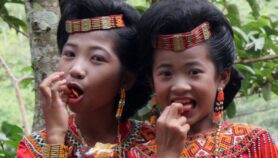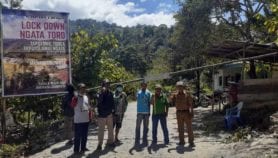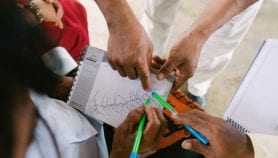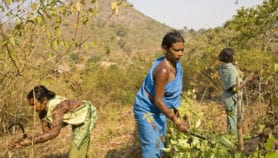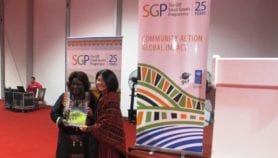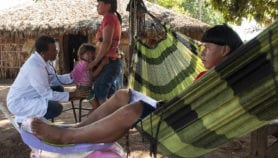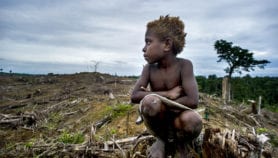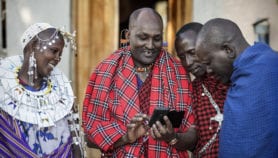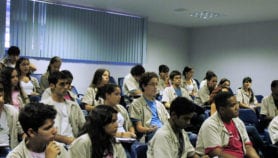Send to a friend
The details you provide on this page will not be used to send unsolicited email, and will not be sold to a 3rd party. See privacy policy.
 Pile of sacks filled with herbal and folk remedies in La Paz, Bolivia |
Countries must make traditional medicine an integral part of their national health care systems by developing policies to regulate ‘alternative’ medical practices, according to a new World Health Organisation (WHO) strategy launched today (16 May).
In WHO Traditional Medicine Strategy 2002-2005, the organisation also calls on governments to take greater steps to evaluate the efficiency of traditional medicine and to make it safer and more accessible to their populations
“About 80 per cent of the people in Africa use traditional medicine,” says Ebrahim Samba, WHO’s regional director for Africa. “We must act quickly to evaluate its safety, efficacy, quality and standardisation — to protect our heritage and to preserve our traditional knowledge.”
Traditional medicines could be critical in improving the health of the more than one-third of people in developing countries who lack access to essential medicines, the report says.
But while traditional medicine has been fully integrated into the health systems of China, North and South Korea and Vietnam, many countries have not collected and standardised evidence on this type of health care.
“Traditional or complementary medicine is victim of both uncritical enthusiasts and uninformed sceptics,” says Yasuhiro Suzuki, WHO executive director of health technology and pharmaceuticals. “This strategy is intended to tap into its real potential for people’s health and well-being, while minimising the risks of unproven or misused remedies.”
© SciDev.Net 2002
Photo credit: Ann Jimerson, JHU/CCP


